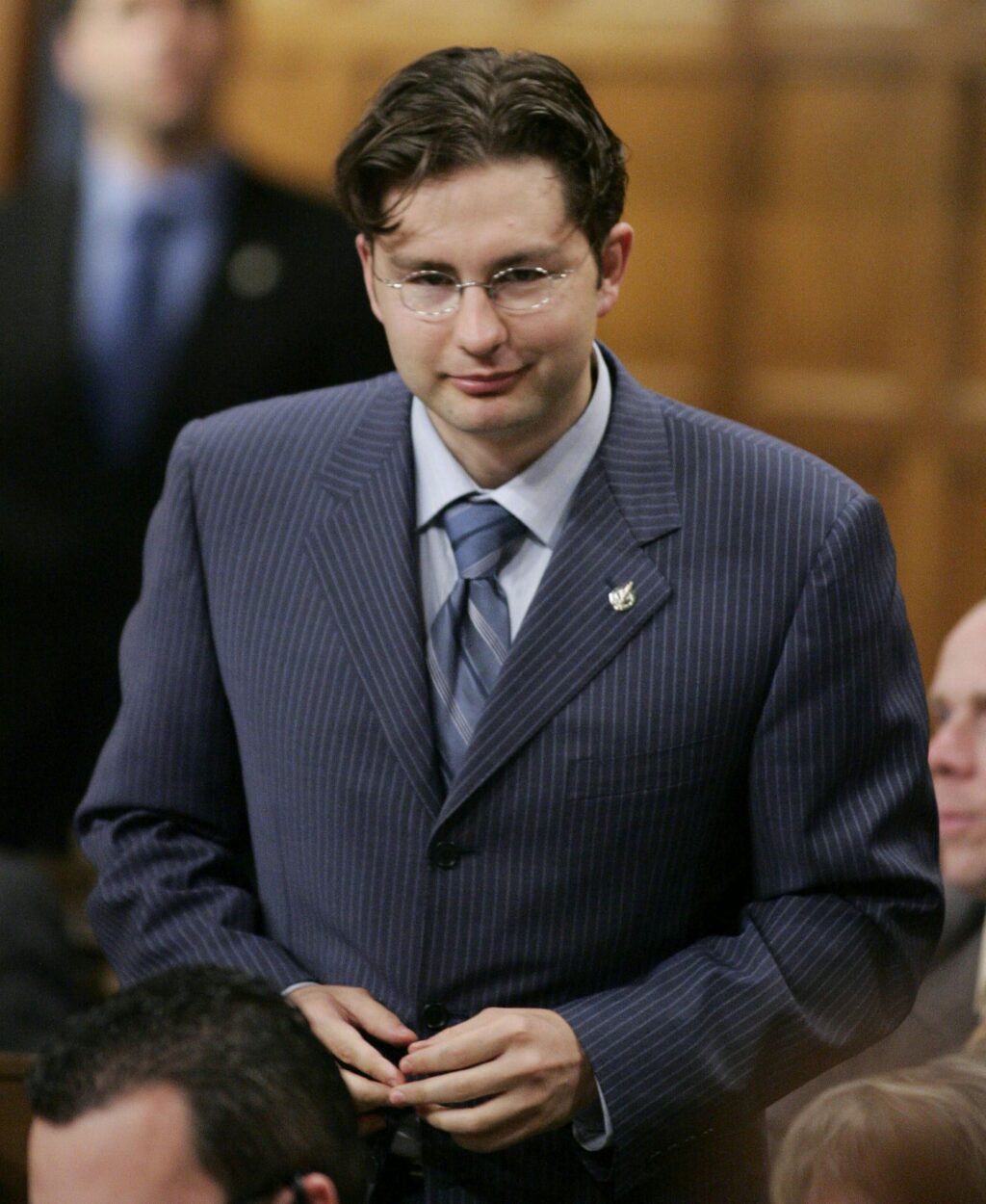
Introduction
Pierre Poilievre, the leader of the Conservative Party of Canada, has become a significant figure in the country’s political landscape. His rise to this prominent position reflects not only his personal ambitions but also the shifting dynamics within Canadian politics. As a vocal critic of the current government and a proponent of conservative values, Poilievre’s actions and policies have garnered both support and criticism, making him a focal point in discussions surrounding the future of Canada’s political environment.
Political Background
Pierre Poilievre was first elected to the House of Commons in 2004, representing the Ontario riding of Nepean-Carleton. Since then, he has held various positions, including Minister of State for Democratic Reform and Secretary of State for Finance. His style has often been characterized by an assertive and direct approach, particularly in parliamentary debates and media appearances. In 2022, Poilievre was elected as the leader of the Conservative Party, succeeding Erin O’Toole, and has since been positioning himself as a fresh alternative to Prime Minister Justin Trudeau.
Recent Developments
Recent events have positioned Poilievre at the center of public discussions around critical issues affecting Canadians. With rising inflation, housing affordability, and concerns about government spending, Poilievre has leveraged these topics to criticize the Liberal government’s performance. In various news outlets, he has discussed his plans to address economic challenges, promising responsible fiscal measures and focusing on the cost of living crisis. He has also engaged with grassroots movements, appealing to younger voters and those discontented with the current administration.
Conclusion
Looking forward, Pierre Poilievre’s role as a key player in Canadian politics is likely to expand as the next federal election approaches, which is scheduled for 2025. His communication skills, grounded policy proposals, and ability to mobilize support may significantly impact the Conservative Party’s fortune in upcoming polls. Political analysts will closely monitor his influence on public opinion and whether he can unite various factions within the party. As Canadians navigate an uncertain economic future, Poilievre’s approaches and policies will become increasingly relevant in shaping the discussion around governance and policy in Canada.



